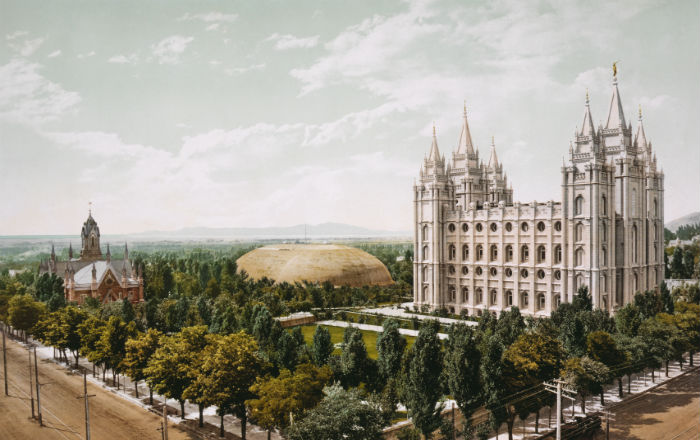
Written by Micheal Dillman
The Census Bureau recently released some data that indicates Utah is the worst state in the country for women. The data left Utah scraping the bottom of the barrel on a broad array of categories including women’s healthcare, wages, leadership roles (where the study showed that women in Utah hold less than 1/3 of total management positions), far less stature in both state and local government, and uninsured rates.
Women make up almost half of the Utah workforce (~45%), and 61% of Utah women are participants in the labor market while the national average is just 59%, yet women in Utah continue to make just 70 cents for every dollar that their male counterparts make. Women in Utah are working. They’re just not being fairly compensated for their labor.
Stratification exists between the genders nation-wide, and I’m not pretending that this uneven landscape is exclusive to Utah (women earn an abysmal 80 cents on the dollar compared to men nationally), but Utah is seriously behind the 21st century curve.
I can already hear folks shouting that Utah’s “emphasis on the family” is to blame for these discrepancies, but the facts don’t support that conclusion. While it’s true that families here in Utah tend to be slightly larger than the national average, the gap isn’t as significant as you’d think.
“Families in Utah included 3.64 persons in 2012 compared to 3.25 persons nationally.” So what gives? We (Utahns) are needlessly squandering the potential of half our population, and we ought to be ashamed of ourselves. Families in Utah are big, yeah, but not that big!
We need to tackle the why. What unique variables have allowed Utah to forge a cultural framework that marginalizes and disenfranchises women to this degree? We should ask: Who’s perpetuating this dogma? Are other states in the West really that much different than Utah? And most importantly, what can we do to protect the next generation of women from this perpetual cycle?
African American women, Asian women and Hispanic women show a much smaller wage gap than do their Caucasian counterparts, so I think we can safely rule out racial or ethnic composition as a factor. What we should be searching for is factors that are essentially exclusive to Caucasian Utahns.
What makes Utah unique?
While there hasn’t been a proper study that has articulated how institutional discrimination is to be exclusively blamed for these discrepancies between the genders in Utah, I think we ought to consider it as at least a potential variable. The LDS church has long dictated the dominant culture in Utah, and the institutionalized sexism they’ve long been guilty of is certainly to blame for several of the things that cause the data to be as skewed as it is.
For example, Utah brides are the youngest in the country (just 23 years old on average), a trend that only becomes more appalling when you factor in Utah counties that have more LDS individuals per capita. I’m definitely not the first person to point out that LDS individuals feel pressure to marry early, which not so surprisingly secures Utah as the state with the largest gap between men and women regarding collegiate graduation rates. While I acknowledge that it’s a taboo, I’m asking you to entertain the idea that mainstream LDS culture might have a negative influence on women in Utah. I don’t think we (Utahns) can simply urge our elected officials to pass legislation to solve this issue. The battle we have to win is one of ideology, not legislation.
Bottom line: Based on aggregate educational attainment, the smallest wage gap occurs for Utah men and women with graduate or professional degrees. This means that it’s absolutely imperative that we encourage the young women around us to pursue their scholastic dreams (whatever they may be), regardless of what Utah’s male-dominated culture tells them.

Michael grew up in Salt Lake City, Utah. He currently attends Utah Valley University (International Relations Major), and is transferring to the University of Utah in the summer of 2015 to study Political Science and Anthropology. He’s a climber, an avid reader, and loves to write.





Reading your articles has made me realize what a positive impact the Church of Jesus Christmas of Latter Day Saints has on Utah. Maybe it is time you spread your wings and transfer to San Francisco, Chicago, or Miami would be nice. You need expand your horizon a bit to appreciate what you were born into. You need to accentuate the positive. Vindictive people never prosper. Have a nice day.
Vindictive people? What an irony! So your philosophy of life is to always accentuate the positive and ignore the negative. That’s a recipe for perpetual delusion and no progress. It’s the very attitude that makes Utah a loser in so many categories. But I’ll accentuate the positive in this case: Utah has some of the best public lands in the nation. Let’s protect them.